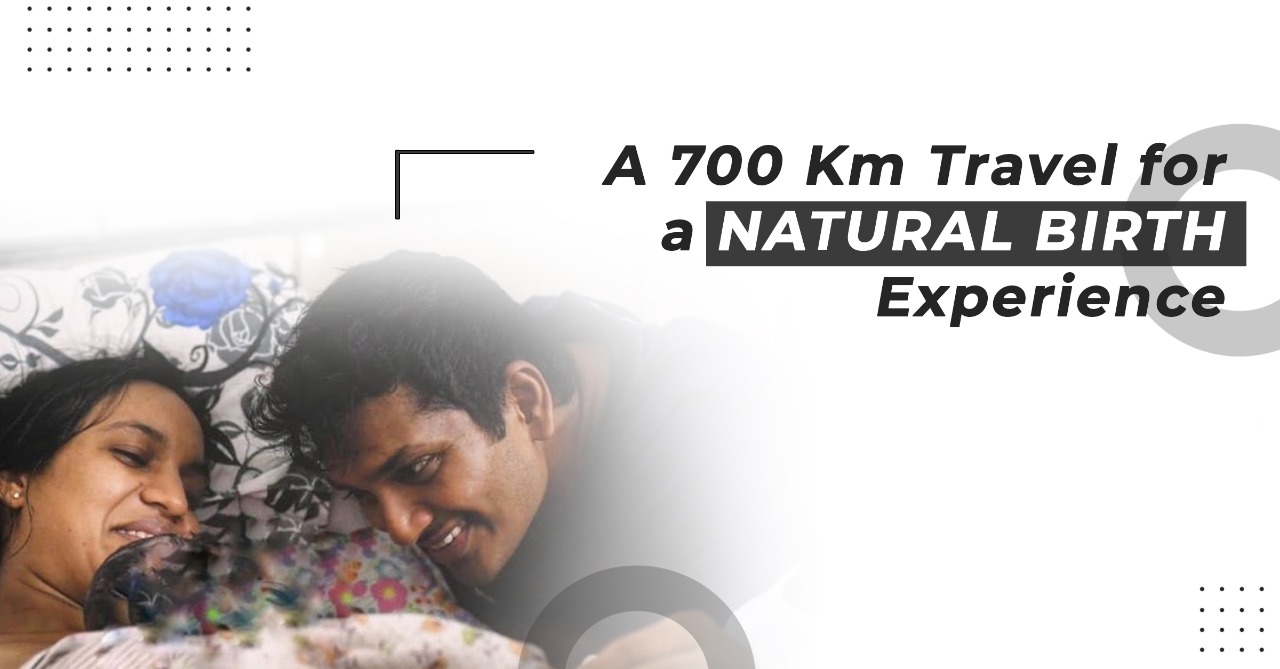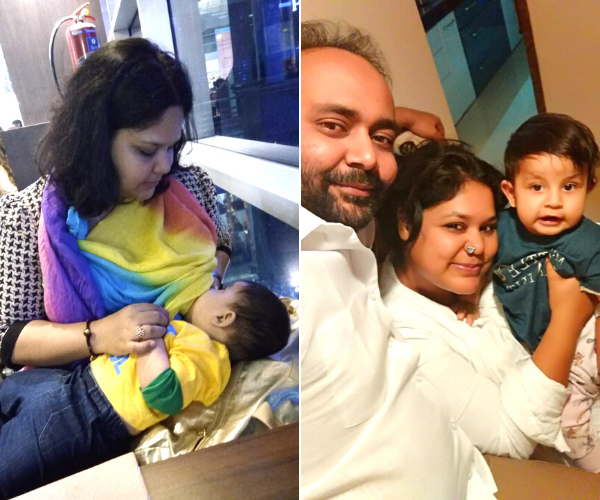A worrisome fact is starting to become a nightmare for men that their semen is no longer the same as before.
In December 2012, a large-scale global study in France found that the average amount of sperms dropped by 32 percent. This news has stirred up the medical world. The discussion has begun in India and much scientific evidence is confirming that the culture of denial and silence has hidden the story of the decline of the Indian men’s semen in their nostrils.
In August last year, Union Health Minister Ghulam Nabi Azad had said in the Rajya Sabha, “Infertility is increasing in men.” Doctors already know that this is the biggest secret fact of health in the country. That is why when a couple visits a doctor, they first examine men.
The first study in this regard was done at Kasturba Hospital in Manipal in 2008 at 7,700 men, whose semen was found to be poor quality. Many studies have been done since then. Research from Delhi’s Indian Institute of Medical Sciences (AIIMS) shows that in three decades, the number of sperms per milliliter per semester has decreased from 60 million to 2 million. A standard study on the semen of 19,734 healthy men deposited at the Central Drug Research Institute, Lucknow showed that there has been “a real decline” in the structure and activity of semen.
There are all the parameters of masculinity, but it has not been tested on the microscope to date. Until recently, questions on masculinity did not arise because people used to believe that every man was capable of becoming a father. This revelation shocked people in great number. Today, young people can be seen going to Fertility Labs.
In their faces, hope and anxiety can be seen together with their masculinity: Is it not possible that in every milliliter of semen, fewer than 20 million sperms fall.
The key to the solution of this problem is communication. Communication can eradicate differences in any relationship and help couples to move in the same direction. So, talk to your partner and get tested.
Manhood is the biggest obstacle in the treatment of infertility. Men’s shame in believing in the truth, their self-esteem and refusal to take the treatment puts the burden on the shoulders of women. Lack of any standard of ethics in such an irregular field makes even doctors suspicious. Men have a tendency to dismiss the question of acknowledging a problem in them, while their healthy partner has to undergo painfully elaborate treatments.
Consider IVF
In the event of less than 10 million sperm count, the doctor advises adopting IVF (In vitro fertilization) technique; In this technique, most healthy mature eggs and sperms are fertilized in the lab’s constricted environment. After that, good quality embryos are implanted in the womb of the womb so that it can grow normally.




















